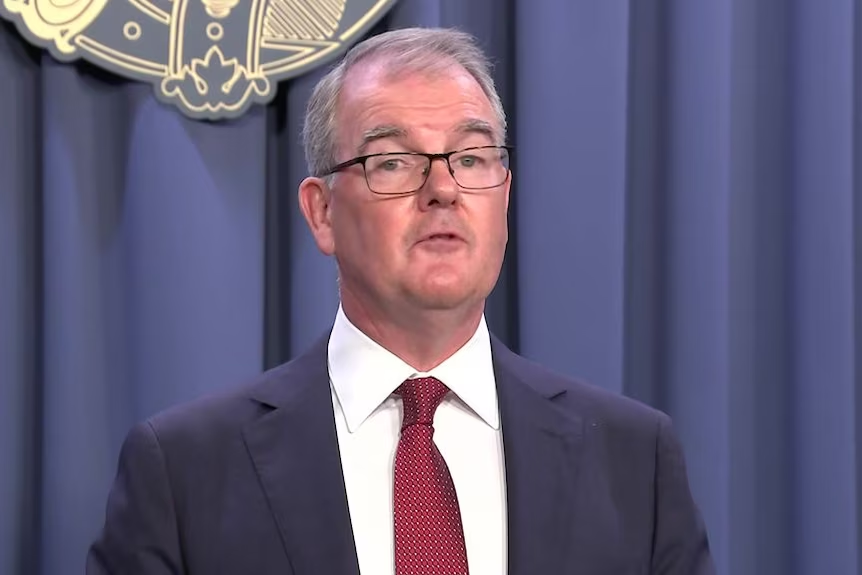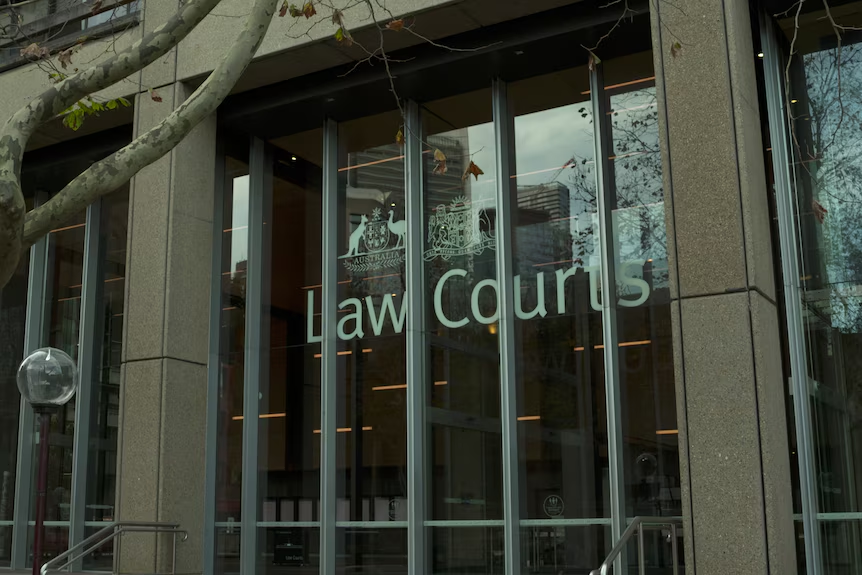The legislation comes after a high court ruling that found those who run online forums are liable for any defamatory content, even if it was posted by a third party.
The cyclist — who twice encountered the walker — took her photo and published it on Facebook with his version of the incidents, calling her a “vigilante” on his personal page.
The case of the “stick lady” made its way to the NSW District Court.(Andreas Just, file photo: www.sxc.hu)
The so-called “stick lady” launched defamation proceedings in the NSW District Court, claiming she was unfairly portrayed as a vigilante, had deliberately assaulted a cyclist because she didn’t like cyclists, and was a “serious threat” to the community.
The case was only resolved last month, when a judge found the cyclist was still liable for publication in the group when it was shared by third parties, but the post was found to be justified and a defence of honest opinion was made out.
Michael Douglas had mixed feelings about the defence, including the time required to act on a complaint.(Supplied)
“Within seven days, the poison’s spread and the reputational damage might be permanent.”
On the positive side, the defence creates an incentive for people to moderate actively, he said.
In the “stick lady” case, the court heard that within hours of the initial post, one of the group’s admins became concerned about the volume of “stick lady story” material and turned on post approval, preventing anyone else from publishing without approval.
The admins also manually deleted about a dozen separate posts about the topic.
Lawyers for the defendant in that case told the court publication was “effectively stopped in its tracks by the prompt action of [the administrator]”.
Michael Daley says it is important to “strike a balance” between freedom of expression and protecting reputations.(ABC News)
NSW Attorney-General Michael Daley said the new laws aimed to address challenges of the “rapid spread of defamatory information online” and clarify the law for both complainants and publishers.
“It was essential to strike a balance between not unreasonably limiting freedom of expression in circumstances where third parties publish defamatory matter via digital intermediaries and protecting reputations,” he said in a statement.
Carrington Brigham is the administrator of a popular Sydney Facebook group and can relate to the challenges posed by online groups, particularly during COVID lockdowns, when people were hyper-aware of rules and any transgressions.
The pandemic triggered an increase in posts complaining about people using a local oval for their own purposes and some included photos.
“From a moral perspective, if someone requests you take photo down, you take the photo down,” Mr Brigham said.
He founded the now-18,000-member Potts Pointers group in 2015 to “bring people together” as the inner Sydney area was drastically changed by lockout laws.
Mr Brigham said the reforms are a huge relief for moderators.
In his Potts Pointers group, a team of volunteer moderators keeps an eye out for potentially defamatory posts and privately discusses material that could be problematic.
Material that is suspected to be the product of tiffs between neighbours, for example, isn’t published.
Mr Brigham said the reforms are a huge relief for moderators.
“It means that we will have options to protect ourselves through the law,” he said
“Now administrators and moderators know they won’t be liable. Their livelihoods, their reputation will not be at stake based on somebody else’s ill-founded or defamatory posts.”
Mr Brigham said the reforms were a relief for moderators.(Pixabay)
People in an administrator role may now feel they have more power to let content through, but having already operated under the previous laws, Mr Brigham believes a cautious attitude will prevail.
“You might find that people will still be more risk averse in allowing potentially defamatory posts into a group that they own or run, but it certainly takes a lot of weight and pressure off us as well as the ISPs and tech companies.”
The latest changes in NSW and the ACT also extend the defence of absolute privilege in relation to reports made to police, such as a sexual assault.
Courts in these jurisdictions are also now empowered to order intermediaries not involved in defamation cases to remove defamatory content.
The latest changes also extend the defence of absolute privilege, in relation to reports made to police, such as a sexual assault, in both NSW and the ACT.(ABC News)
This means that there are now effectively three sets of defamation laws in Australia; WA and NT which haven’t changed since 2006, NSW and the ACT which have introduced two waves of reform, and all other jurisdictions which have (so far) introduced only the first phase.
According to Dr Douglas, the process has seen states abdicate their interest in defamation law and let NSW “run with the ball” — which he noted may make sense to some extent, given Sydney’s reputation as the defamation capital.
Dr Douglas said the system has once again “fragmented”, as it was in the early 2000s, which creates problems when media is viewed across multiple states or territories (as most is).
“The difference, though, is back then the internet was obviously around but its role in everyday life and media consumption was quite different,’ he said.
“Having different systems is more problematic now than it used to be.”







